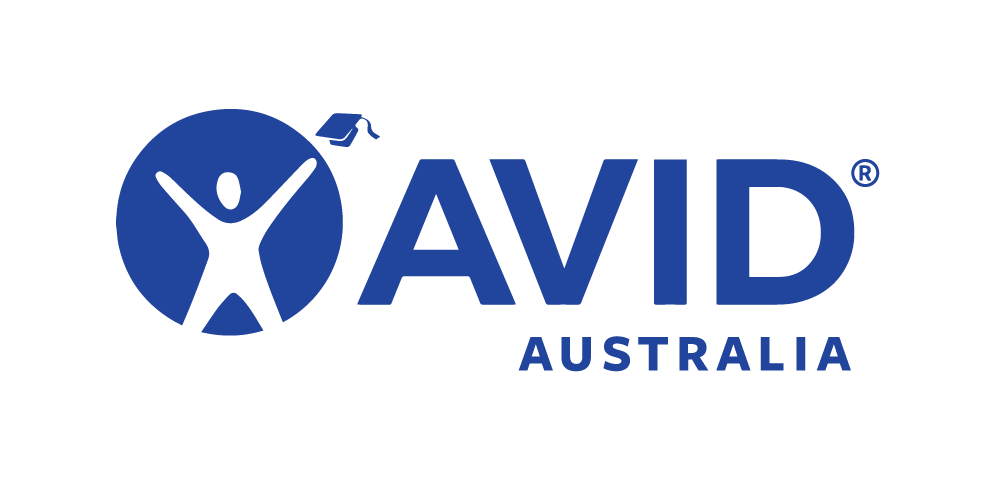The Modern History ATAR course enables students to study the forces that have shaped today’s world and provides them with a broader and deeper comprehension of the world in which they live. Modern History enhances students’ curiosity and imagination and their appreciation of larger themes, individuals, movement, events and ideas that have shaped the contemporary world. The Modern History ATAR course aims to develop students’:
- Knowledge and understanding of particular events, ideas, movements and developments that have shaped the modern world.
- Capacity to undertake historical inquiry, including skills in research, evaluation of sources, synthesis of evidence, analysis of interpretations and representations, and communication of findings.
- Application of historical concepts, including evidence, continuity and change, cause and effect, significance, empathy, perspectives and contestability.
- Capacity to be informed citizens with the skills, including analytical and critical thinking, to participate in contemporary debates.
Modern History has a strong vocational value and the skills acquired are applicable to many forms of employment. “In today’s fast changing workforce, the person who has broad based skills in acquiring and analysing information, in comprehension and communication has the best foundation for a career”. (Melbourne University). Learning the skill of critical inquiry is essential for people working in business, government, law, science, industry, tourism, media, medicine and teaching. All these transferable skills are developed through the study of history.
Prerequisites:
Minimum is C grade in Year 11 ATAR Modern History.
Syllabus:
The Year 12 syllabus is divided into two units, each of one semester duration, which are typically delivered as a pair. The notional time for each unit is 55 class contact hours.
Unit 3 –Modern nations in the 20th century
This unit examines the ‘nation’ as the principal form of political organisation in the modern world; the crises that confronted nations in the 20th century; their responses to these crises, and the different paths they have taken to fulfil their goals. Students will study Russia and the Soviet Union 1914-1945 (World War I to World War II). They will investigate the decline of Tsarism and the formation of a new Communist Government via the Bolshevik Revolution. Internal crises and external threats to this new government will be examined as well as the methods leaders such as Lenin and Stalin employed to maintain power and authority.
Unit 4 – The modern world since 1945
This unit focuses on the distinctive features of the modern world that emerged in the period 1945–2001. It aims to build students’ understanding of the contemporary world – that is, why we are here at this point in time. Students will study the changing European World since 1945. This focus is on the USA and USSR in the Cold War and will include changes to the nature of the world order: shifting international tensions, alliances and power blocs. It will cover the origin and nature of the Cold War and how this influenced international relationships and events. The end of the Cold War and the European Union will also be investigated, as well as the role of the United Nations and NATO.
Assessments:
Historical Inquiry: 20%
Explanation: 20%
Sources Analysis: 20%
Examinations: 40%
Resources
BSC Year 12 ATAR Modern History Course Booklet
More Information:
For further information regarding this course click here.












